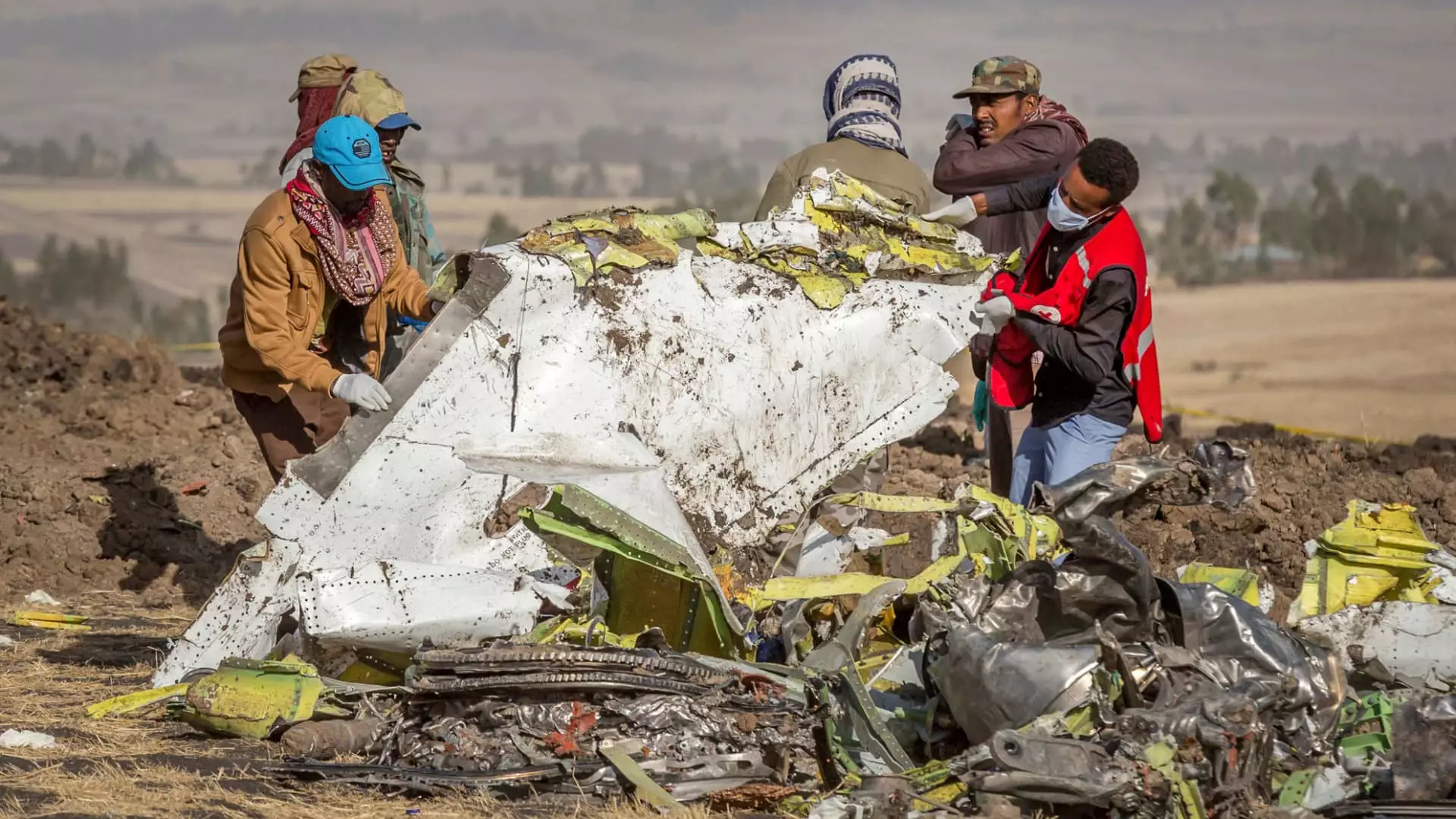Boeing, a prominent player in the aerospace industry, recently made headlines by agreeing to plead guilty to criminal fraud pertaining to the fatal 737 Max crashes. This decision not only tarnishes Boeing’s reputation by branding it as a felon but also raises concerns about its ability to continue conducting business as usual. The plea deal, which could result in a fine of up to $487.2 million (but possibly reduced to $243.6 million), demonstrates the severity of the situation that Boeing finds itself in.
If the plea deal is approved by a federal judge, Boeing may face challenges in selling its products to the U.S. government as a felon. This potential limitation could have far-reaching consequences for Boeing’s revenue, particularly since a significant portion of its income comes from its defense, space, and security unit. Moreover, the installation of an independent compliance monitor to oversee Boeing’s operations for three years may impact the company’s decision-making processes and functioning.
As part of the plea deal, Boeing is required to invest at least $455 million in compliance and safety programs. This substantial amount underscores the gravity of the issues that Boeing must address to ensure the safety and reliability of its products. Additionally, the stipulation that Boeing’s board of directors must meet with crash victims’ family members highlights the human cost of the company’s past missteps.
The unveiling of the plea deal comes at a crucial time for Boeing, as it grapples with a series of challenges, including manufacturing and safety crises, leadership changes, and acquisitions. The decision to plead guilty and accept the terms of the deal signifies a willingness on Boeing’s part to take responsibility for its actions and move forward, albeit with significant constraints and oversight.
The case of Boeing serves as a cautionary tale for other companies in the aerospace industry, highlighting the importance of transparency, compliance, and ethical business practices. The consequences of cutting corners or prioritizing profit over safety can be severe, not only in terms of financial penalties but also in terms of human lives lost and reputational damage incurred. As Boeing navigates the fallout from its plea deal, the entire industry is likely to undergo increased scrutiny and regulation to prevent similar tragedies from occurring in the future.
Boeing’s criminal fraud plea deal has far-reaching implications for the aerospace industry, underscoring the need for companies to prioritize safety, compliance, and accountability. As Boeing seeks to rebuild trust and credibility in the wake of this challenging chapter, the industry as a whole must reflect on the lessons learned and work towards a safer and more transparent future.


Leave a Reply